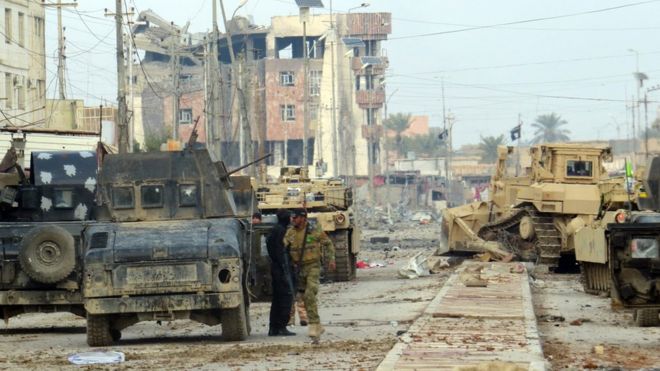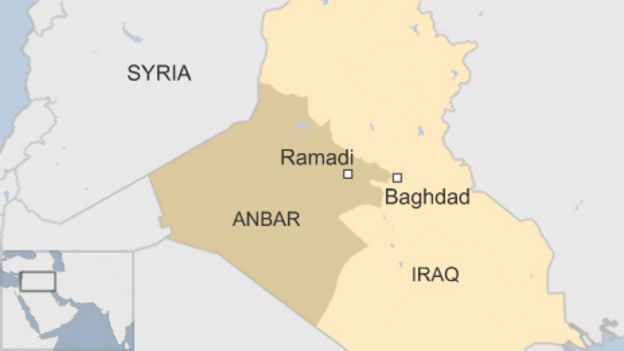Supreme Court Justice Scalia has it right:
TheHill: The idea that the U.S. government should be neutral about religion is not supported by the Constitution and is not rooted in American history, Supreme Court Justice Antonin Scalia said Saturday. “God has been very good to us,” Scalia said at a speech at a Catholic high school in Louisiana, according to the Times-Picayune. “One of the reasons God has been good to us is that we have done him honor.”
Scalia, a Catholic, is one of the court’s more conservative members. He recently caused uproar over remarks on affirmative action.
On Saturday, he said the First Amendment prohibits the government from endorsing one religion over another. But, he added, that doesn’t mean the government has to favor non-religion over religion.
He argued that’s a more modern reading originating in the courts in the 1960s.
He also said there is “nothing wrong” with presidents and others invoking God in speeches, according to The Associated Press.
If Americans want to the government to be non-religious, he said, they should vote on it instead of courts deciding.
“Don’t cram it down the throats of an American people that has always honored God on the pretext that the Constitution requires it,” he said, according to the Times-Picayune.
The Future of World Religions: Population Growth Projections, 2010-2050
PewResearch: The religious profile of the world is rapidly changing, driven primarily by differences in fertility rates and the size of youth populations among the world’s major religions, as well as by people switching faiths. Over the next four decades, Christians will remain the largest religious group, but Islam will grow faster than any other major religion. If current trends continue, by 2050 …
- The number of Muslims will nearly equal the number of Christians around the world.
- Atheists, agnostics and other people who do not affiliate with any religion – though increasing in countries such as the United States and France – will make up a declining share of the world’s total population.
- The global Buddhist population will be about the same size it was in 2010, while the Hindu and Jewish populations will be larger than they are today.
- In Europe, Muslims will make up 10% of the overall population.
- India will retain a Hindu majority but also will have the largest Muslim population of any country in the world, surpassing Indonesia.
- In the United States, Christians will decline from more than three-quarters of the population in 2010 to two-thirds in 2050, and Judaism will no longer be the largest non-Christian religion. Muslims will be more numerous in the U.S. than people who identify as Jewish on the basis of religion.
- Four out of every 10 Christians in the world will live in sub-Saharan Africa.
These are among the global religious trends highlighted in new demographic projections by the Pew Research Center. The projections take into account the current size and geographic distribution of the world’s major religions, age differences, fertility and mortality rates, international migration and patterns in conversion.
As of 2010, Christianity was by far the world’s largest religion, with an estimated 2.2 billion adherents, nearly a third (31%) of all 6.9 billion people on Earth. Islam was second, with 1.6 billion adherents, or 23% of the global population.If current demographic trends continue, however, Islam will nearly catch up by the middle of the 21st century. Between 2010 and 2050, the world’s total population is expected to rise to 9.3 billion, a 35% increase.1 Over that same period, Muslims – a comparatively youthful population with high fertility rates – are projected to increase by 73%. The number of Christians also is projected to rise, but more slowly, at about the same rate (35%) as the global population overall. A must read on the rest of the article from Pew Research here.



![[Photo via Wikipedia]](https://cdn.inquisitr.com/wp-content/uploads/2016/01/Umayyad-Mosque-Panoramic-670x177.jpg)




